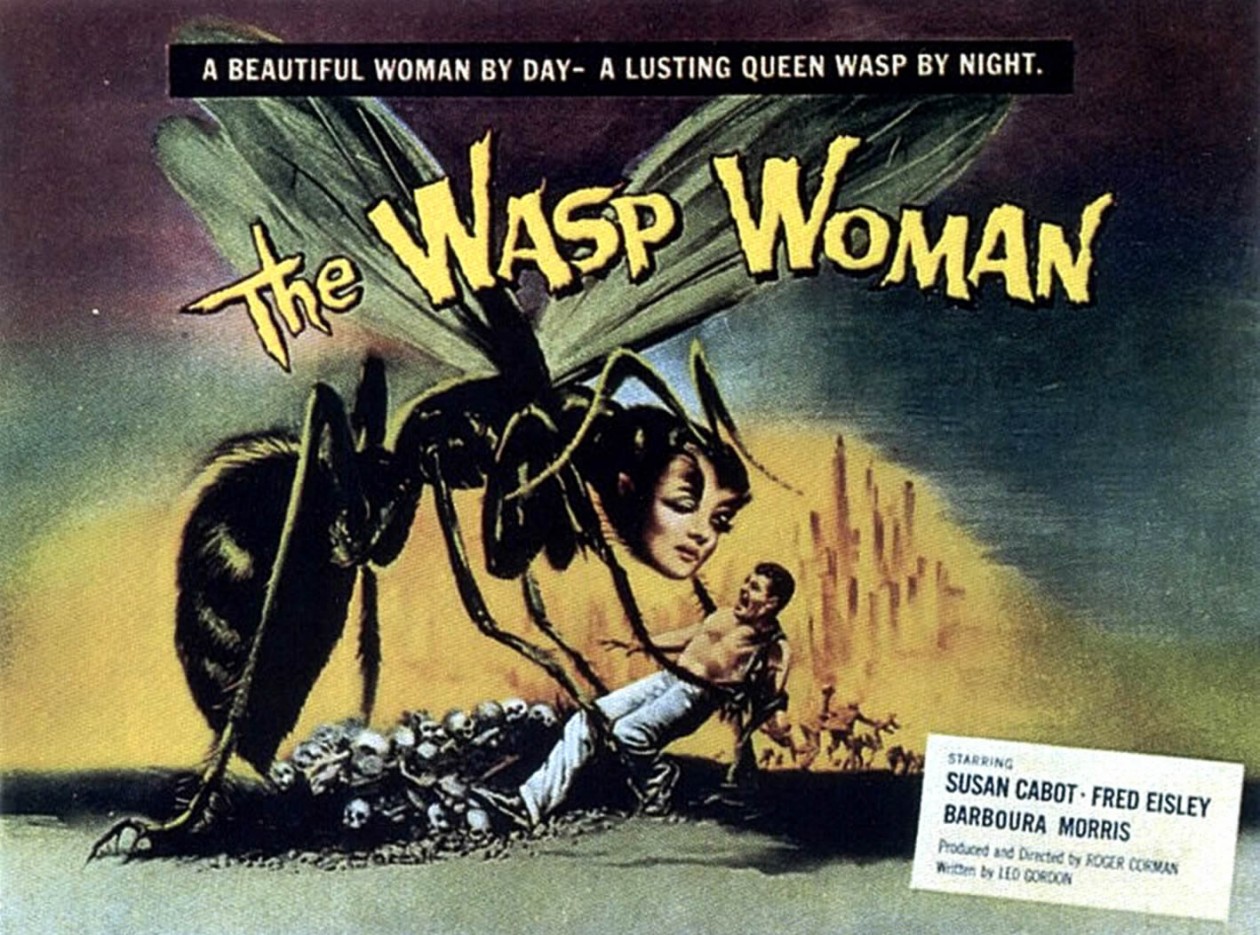Christine Gledhill’s article focuses largely on the subversive and often distorted image of the woman in cinema, especially within the film noir genre.
“Frequently the female figure exists as a crucial feature within a dangerous criminal world which hero struggles with in the course of his investigation and as often as not constitutes the central problem in the unraveling of truth. Woman becomes the object of the heroes investigation. Thus the place of the female figure in the puzzle which the hero has to solve often displaces the solution of the crime as the object of the plot; the process of detection…are submerged by the hero’s relations with the women he meets…” (77)
“Rather than the revelation of socio-economic patterns of political and financial power and corruption which mark the gangster/thriller, film noir probes the secret of female sexuality and male desire in patterns of submission and dominance.” (77)
In the case of Alan J. Pakula’s Klute, we can see Gledhill’s argument play out quite clearly. In the movie Klute’s initial suspect (and only lead) is Bree, and even as the two of them go person to person investigating Tom’s disappearance, Klute never takes Bree off the suspect list. For a while their relationship is fairly platonic, but it isn’t long before Bree finds her way into Klute’s bed. In the scene where Bree wakes Klute up because she doesn’t want to be alone, she finds herself slipping into Klutes bed only to sleep with him and walk out. This scene is quite interesting as it establishes non-platonic dynamics into their relationship.
Bree’s relationship with Klute is then further analyzed in a later moment when Bree is talking to her therapist. Bree mentions how she feels comfortable with Klute around because she’s been on her own for so long and now there is someone there watching/protecting her. Her discussion with the therapist can be read in multiple ways. In the context of this class, I think it is valid to look at the conversation as a commentary on how films seem to depict women as needing a male presence in order to be comfortable/happy. However, I also feel it is fair to make the argument that Bree has been working as a call girl for so long that she has forgotten what it is like to have a real relationship, and Klute has given her the opportunity to be with someone on equal footing (that is be with someone who is not paying her to be with them).
Going back to Gledhill’s analysis of film noir… Bree’s sexuality is put into question as the longer she is with Klute, the more she seems to fall for him. However, the dynamic in the relationship between Bree and Klute is undermined as Klute is unable to take Bree off the suspect list. Looking at Klue and Bree’s relationship we can see some of the qualities of film noir at work. Although Bree is not our standard femme fetal, it is clear that she is a source of “female sexuality and male desire” as Gledhill explains is common in the noir genre.
Female sexuality is constantly being questioned within this movie. Bree uses her sexuality as a call girl and even explains that she enjoys being a call girl because it gives her confidence by placing her in situations where she is able to put on an act and be in control of the person she is with. But, then at the end of the movie there is an interesting twist placed on Bree’s occupation. When Bree is finally approached by Peter Cable, he makes a statement that I thought was extremely controversial: “[You] Make a man think that he’s accepted. It’s all a great big game to you. I mean, you’re all obviously too lazy and too warped to do anything meaningful with your lives so you prey upon the sexual fantasies of others.” When I heard Peter saying this I was shocked to hear such a blatant verbalized description of a call girls work. All too often do we hear that being a call girl is wrong because its association with prostitution, but here we get a different perspective. In this scenario we have Bree who has admitted to enjoying the control that her job gives her being contrasted with a man who has felt the negative consequences of that very control.
So in this movie we have a woman who sees opportunity to make a living by demonstrating her sexual control, confidence, and prowess doing something she enjoys being contrasted with a man who fell for the allure of a call girl then felt that his sexual fantasies were exploited causing a dark part of himself to be awakened. Subversive? I’d say so!

I completely agree with you. This film is incredibly subversive. I do have to argue that Bree does not always enjoy being a call girl. She goes to a therapist because she is so unhappy with the career choice. I think she recognizes that her career has affected how she does know how to have a real relationship, as you have mentioned. This has caused her to second guess her career choice. I think this says that a woman who is too sexually empowered loses a part of her ability to relate to others. Then the rest of the movie continues by letting us to Bree’s internal thoughts while we continue to learn nothing about Klute, the man who is presented very asexually to the viewers. Then there is Cable. The entire discussion that you mentioned is one of the most interesting parts of the movie. He has been punished for his sexual deviancy instead of the femme fatale. It is an interesting dynamic in the movie.